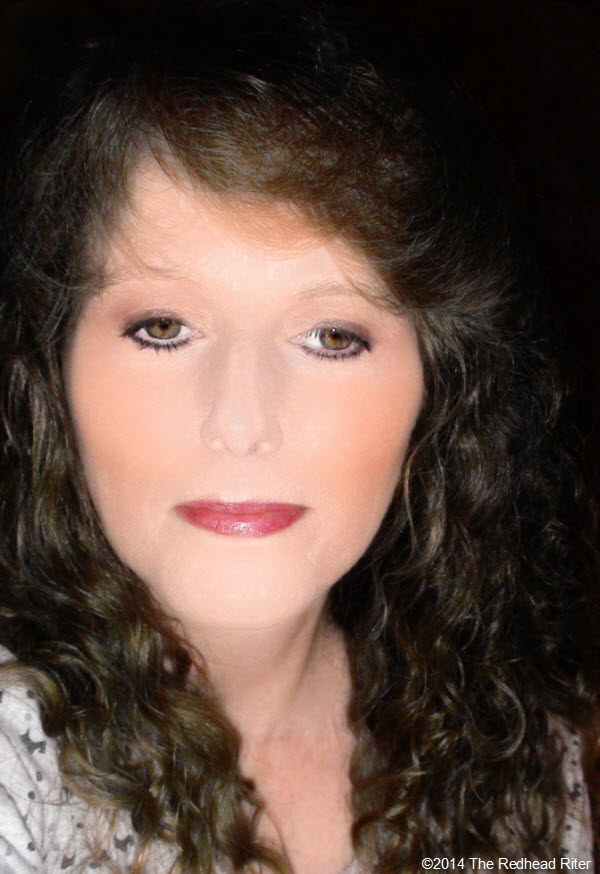
He came out of the bathroom, dragged me onto the bed, covered my mouth with one hand and proceeded to continually punch me with the other.
I’m sure you remember me telling you about that story of my friend, right? Well, her husband was often influenced by alcohol and that’s what led to his intolerable actions.
Let’s leave that story for a minute because I’m getting ahead of myself.
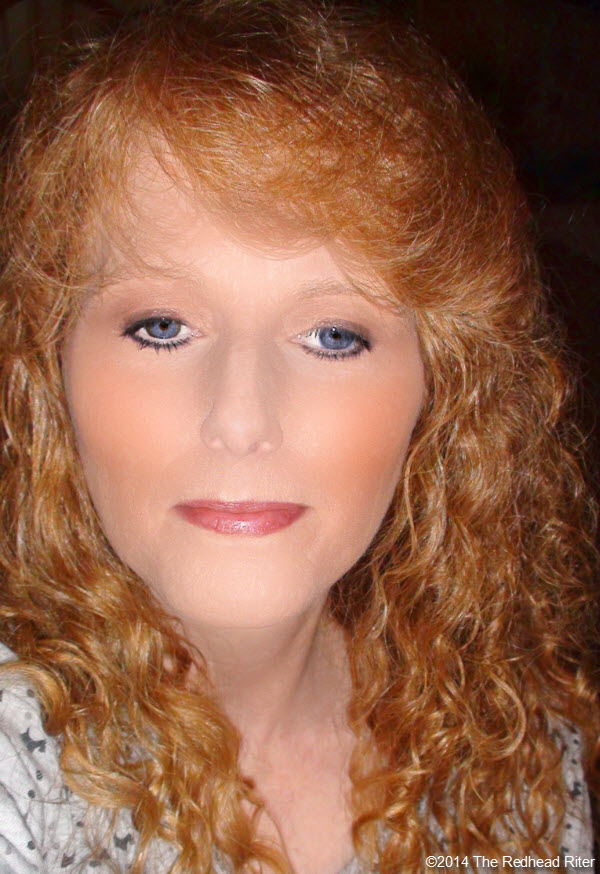
Enabling Wrecks Everyone’s Life
Last year I told you that I have been an enabler and how that trait started.
Definition of ENABLER: one that enables another to achieve an end; especially : one who enables another to persist in self-destructive behavior (as substance abuse) by providing excuses or by making it possible to avoid the consequences of such behavior
Because I’ve been closely associated with several alcoholics and drug addicts, last year I decided to get some insight into the enabling characteristic of my personality. It has not been fun by any stretch of the imagination.
One of the places I went first to obtain insight was to some Alcoholics Anonymous meetings. I practically sobbed at the second meeting I went to because I was so touched by the raw truth in the honesty of the recovering alcoholics. Having never even tasted any kind of alcoholic beverage myself, I was unable to totally relate with the pull alcohol had on them. However, I knew that I needed to hear them to gain a better insight of my own personality.
The next place I went was to Al-Anon Family Groups which are meetings attended by relatives and friends of alcoholics. They share their experiences to give those listening hope that they can overcome problems and renewed strength to continue in the battle.
Believe me when I say that being an enabler is a battle.
The first thing I learned at Al-Anon is that you don’t do for the alcoholic what he or she is capable of doing for himself. Every cell of my body screamed GUILT even before the woman’s lips closed after the last word of the sentence. How was I not supposed to feel guilty for not helping someone who obviously needed me ESPECIALLY when they ask me for help? The desire to please and assist is almost overwhelming! Couple that with the fact that alcoholics are master manipulators because of their alcoholism and the battle within me was overwhelming.
Enabling prevents me from being my authentic self because I do not give myself respect and my decisions are based on what others want me to do. I don’t just enable alcoholics or drug addicts, I enable EVERYONE on the planet.
EVERYONE.
Can you imagine how tiring it is to be THAT MUCH of an enabler?
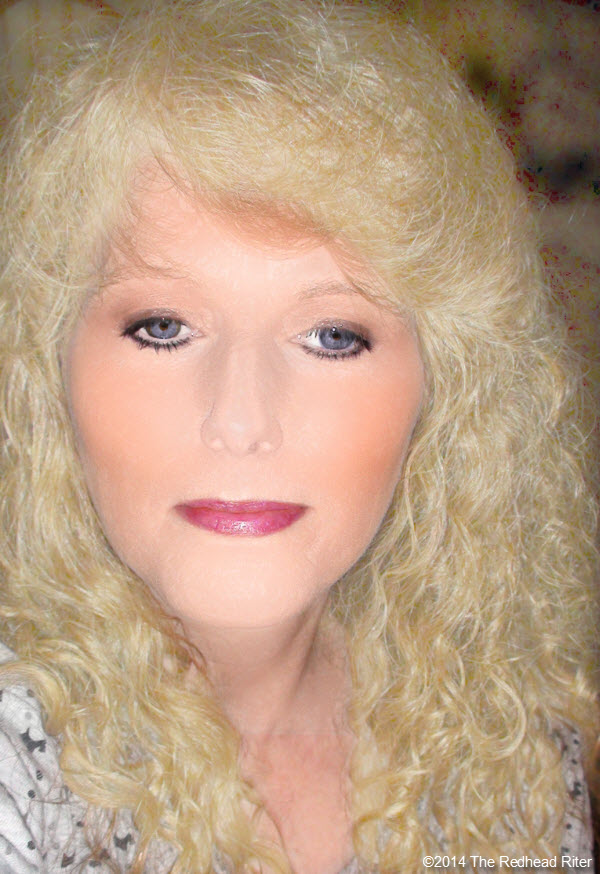
Alcoholism Is A Disease
I spoke to someone who celebrated their 34th year of being clean and sober a couple days ago. He quoted verbatim from what alcoholics refer to as The Big Big which is really a book entitled Alcoholics Anonymous: The Story of How Many Thousands of Men and Women Have Recovered from Alcoholism.
“The disease of alcoholism is a two fold disease. It is an obsession of the mind, coupled with an allergy of the body. The obsession makes it impossible for the alcoholic to predict when he will start drinking, and the allergy makes it impossible for him to predict when he will stop drinking. Now, if he cannot predict when he will start drinking because of the obsession and cannot predict when he will quit drinking because of the allergy, then he is powerless over alcohol.”
The alcoholic can’t metabolize the sugar because they are allergic and in turn becomes addicted. Later in life, alcoholics who continue to drink often become diabetic.
So I asked him, “Why is it that you have been sober for 34 years and other people don’t quit?”
The response was, “There are three things that make the difference in an alcoholics recovery.”
My ears were perked. I was finally going to hear the bare bones truth.
“An alcoholic will not quit drinking if…
1. Anyone is in the alcoholics corner enabling him.
2. He will not admit that he is powerless over alcohol.
3. He will not turn himself over to some form of a higher power.”
It was stated so matter-of-factly and for the first time I finally realized why so many people fail to conquer alcoholism. I also realized how strongly attractive my enabling personality is to an alcoholic. Then the 34 years sober alcoholic said, “You are the poster child for an enabler.”
Ugh. The words burned my eardrums and scorched my brain.

What You See Is Not Always What You Get
When you are with an alcoholic that is NOT sober, what you see is not always what you get. When the alcoholic is not drunk, they can be some of the most charismatic and fun people to be around. However, there are so many conflicts in their personality that it is hard to know the truth of the moment and their real feelings.
The Alcoholic personality is well documented and is an enabler’s Heaven or Hell whichever way you want to look at it:
- Blues and Intolerance
- Suspicion and Distrust
- Worry and Irritability
- Denial and Lying
- Threatening and Defensive
- Loss of Interest
- Depression
- Imaginary Illnesses
- Irrational Behavior
- Remorse and Isolation
- Social Withdrawal
- Blaming Others
- Undefined Fears
- Anxiety
- Chronic Depression
- Feelings of failure & despair
That list makes me feel sad for alcoholics, however, wait until you read the traits of the enabler. This list is specific to alcoholism, but many of the traits are the same if the enabler is dealing with a drug addict too. This list hit me even harder than the alcoholic list because I’m the one that has suffered many of these enabler’s traits:
- No matter what I do, I can’t change the situation or the actions of the alcoholic
- Fear for the safety and health of the alcoholic
- Feel overly fragile and emotional because of the alcoholics problems
- Have an over powering feeling of responsibility to help solve the alcoholics problems
- Angry because I can’t fix the alcoholic’s problems
- Guilt because I’m unable to make the alcoholic happy and satisfied
- Sorry for myself because no matter what I do, the situation doesn’t get better
- Depressed because the alcoholic may not ever recover
- Guilt that I can’t make the alcoholic do what is necessary to get sober
- Never know who I am because trying to please an alcoholic is almost impossible most of the time
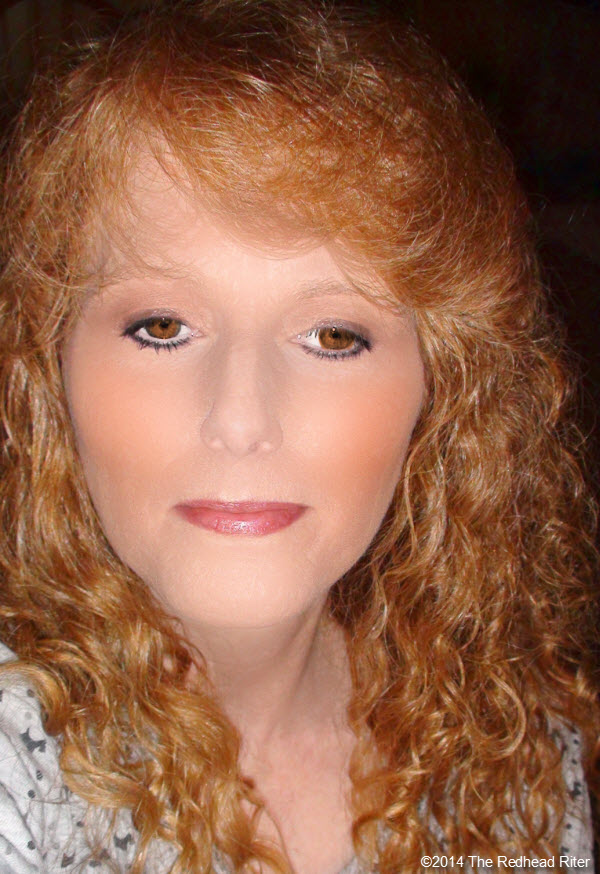
How Can An Enabler Help An Alcoholic?
I’m sure it is not easy being an alcoholic, but it is not a piece of cake being an enabler either.
If you’re an enabler, how can you help yourself or an alcoholic?
- Understand FULLY that you can’t FIX an alcoholic
- Educate yourself about alcoholism and the recovery process
- Attend Al-Anon meetings
- Attend the “open” Alcoholic Anonymous meetings
- Listen attentively to the alcoholic
- Take care of yourself – proper nutrition, enough rest, etc.
- Therapy
- Engage in many and various types of sober activities
- Ask the alcoholic how you can help
- Do NOT enable the alcoholic
It’s not a hopeless situation if you keep the big picture in the forefront of your thoughts and actions. Being an enabler is not a death sentence nor does it have to be a life long pattern in living.
There is one thing that is abundantly clear to me and hopefully to you as well after reading this post…
The enabler, alcoholic or drug addict must live a life of determined persistence in order to succeed at recovery.
Determined persistence.
Every single minute of every single day.
I don’t want to squash the parts of my personality that make me who I really am and I also don’t want to have to fake anything in order to have a relationship with an alcoholic. It is better for all of us if I learn how to stop enabling and just be my imperfect, but very loving authentic self.
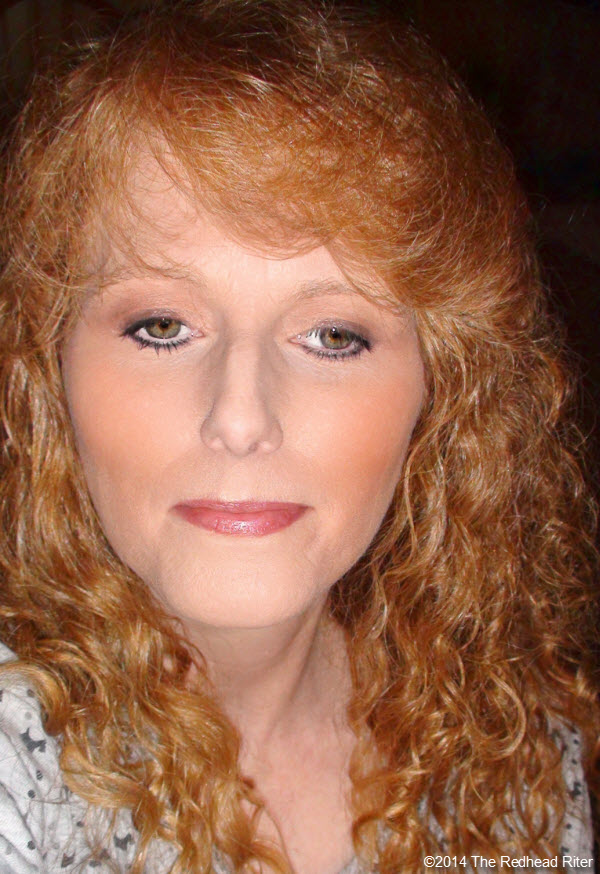
“The most painful thing is losing yourself in the process of loving someone too much, and forgetting that you are special too.” ~ Ernest Hemingway ~
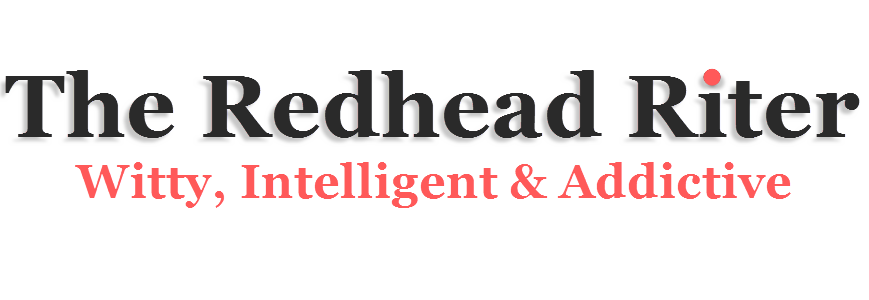

Love your writing Sherry, raw honest topics, confrontingly forthright and compulsive reading. Oh and please, always the Redhead, please?
Thank you Philip.
Yes, always a redhead. 😉
Mmmm. I had to read very carefully. My mom was an alcoholic, but using alcohol to medicate other severe issues. It seems from what I am reading here; though she raised me for it, and trained me well, I wasn’t cut out for it. Thanks for sharing this.
I’m glad you escaped becoming an alcoholic yourself. {{{hugsss}}} Thank you for your comment and sharing.
Hello Red, I am an enabler too.
7 years in recovery.
Hugs, Teresa
Thank you {{{hugsss}}} back Teresa!
I always knew you looked great with your own natural look of redhead with hazel eyes. And you would also have looked great if you were a redhead with blue eyes, bright green eyes, or brown eyes. And you would have looked equally great if you had black hair with hazel eyes or blonde hair with blue eyes. The only look that does not look great on you is that of an enabler. Not to mention the havoc it heaves upon you personally. 🙁
Thank you, Joan, but at this point, you are as biased as my mother. LOL You are definitely right about one thing…being an enabler is NOT a good look for me!
OMG!!! The 34 years sober alcoholic said to you, “You are the poster child for an enabler.” And you thought, “Ugh. The words burned my eardrums and scorched my brain.” Well, never mind the words burning your eardrums and scorching your brain. The bigger question is did it leave an indelible impression upon you that it is time to change? (You know, sometimes change can be a good thing!) 🙂
I have slowly been changing, Joan, and I am now at the point of REALLY recognizing my enabling. Just the fact that I have been going to meetings should show that I am serious about healing myself. Writing this post was very helpful to me. It was a very methodical way of organizing my thoughts. Of course, writing always helps me to put and keep my thoughts in perspective.
Thanks for your comments.
Oh, and to answer your question. When the 34 years sober alcoholic said to me, “You are the poster child for an enabler,” it took all my strength not to GASP. I knew it was the truth and it made me angry at myself and sad for myself, but almost immediately, I became hopeful because I DO recognize it and am working on improving myself.
I never understood what an enabler was until I read your post. My husband had a drinking problem and the only way I could deal with it iswork lots of hours to get away from the house… the rest of the time, I’d go park at a shopping center and stay in my car and have me a good cry. It nearly destroyed me psychologically speaking, cause I thought I wasn’t good enough or he didn’t love me enough to stop drinking. And I just didn’t know how to shield my child from all this ugliness. I lost 10 good years of my life being miserable, being afraid and being unloved, and a part of me will always resent him for that. Today, I have rules & limits and anyone who doesn’t want to fit into that paradigm gets excluded from my life. I know it sounds harsh but it’s the only way I know to continue being the True Me. I’m still compassionate and understanding of other people’s needs, but my needs come first. I’ve learned a very difficult lesson: if you can’t love yourself, no one else will either!
Thank you SO MUCH for your comment. Your story has a “happy ending” because you learned and now stick to what you’ve learned. I’m so happy for you! 😀
Your hazel eyes are stunning please post more pics of them !
~ do your eyes change color from brown to green?
Thank you! My eyes do seem to be a different color depending on the environment and what I wear. They look more blue or deeper green at times. When they are deeper green, the yellow flecks in them really show up! 😀